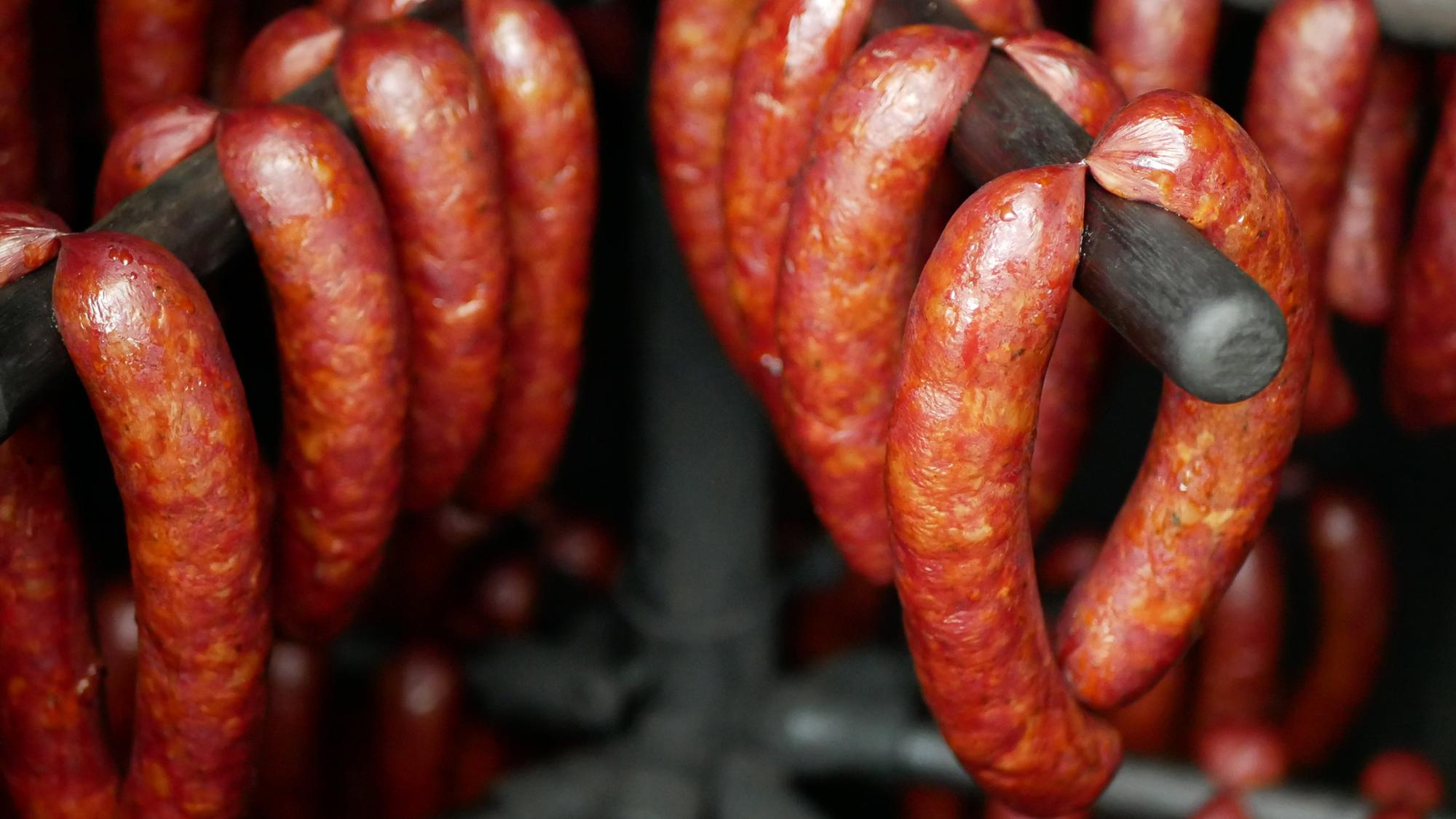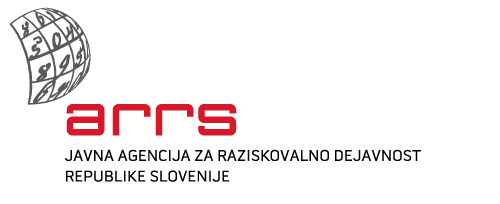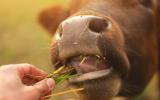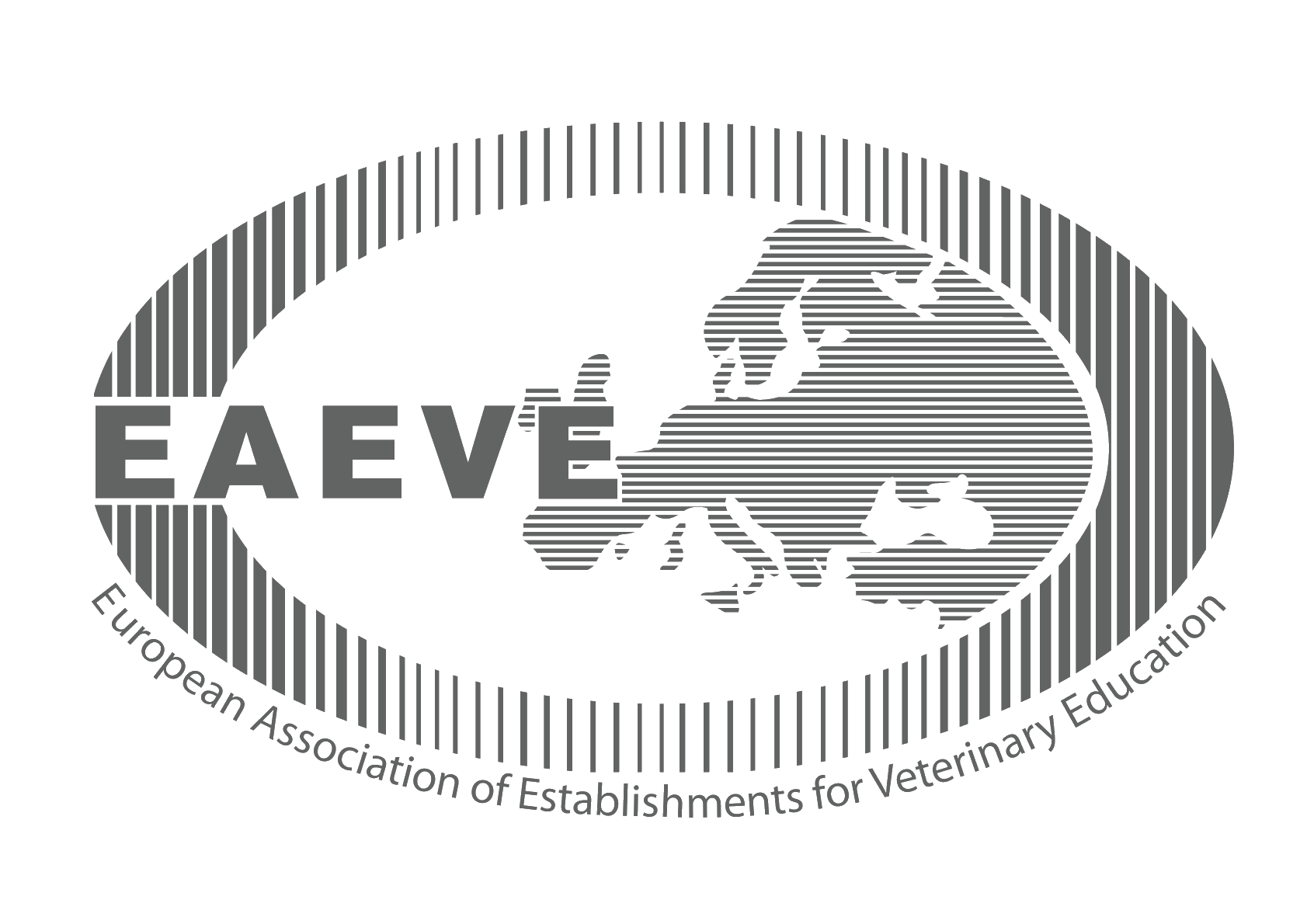BI-RS/18-19-008

Strengthening capacity in the field of pork safety and quality in the small Food business operators

General Data
Member of UL |
Veterinary faculty | |
Name of the leading partner |
||
Status |
leading partner | |
Project code/ Projet No |
BI-RS/18-19-008 | |
Project Title |
Strengthening capacity in the field of pork safety and quality in the small Food business operators | |
Project period |
2018-2019 | |
Yearly sum of FTE |
4.800 eur | |
Leader |
assoc. prof. Urška Jamnikar Ciglenečki, PhD | |
Scientific field |
Biotechnical sciences/Veterinarian medicine/Sanitary protection of animal origin food | |
Partners |
University of Belgrade, Faculty of Veterinary Medicine, Serbia |
Project description
The safety and quality issue of food in the meat production chain allows for the placement of a safe product of good quality and safety on the market. To ensure this, it is necessary to look at possible sources of contamination by pathogenic microorganisms. According to the European Food Safety Authority report (2014), the key biological risks in the pork chain are: Salmonella, Yersinia enterocolitica, Toxoplasma gondii, Trichinella and Mycobacteria. Veterinary control on the slaughter line ensures meat testing on Trichinella, and in large part on tuberculosis alterations. Therefore, there is a need to examine key pathogens, which can not be detected by classical examination, such as Salmonella and Yersinia. According to data from EFSA, Salmonella and Yersinia are pathogenic microorganisms that are in second and third place in frequency as foodborne pathogens. Also, the treatment of animals before and during slaughter can significantly contribute to the excretion of these microorganisms by feces and result in greater contamination in the food chain. Appropriate pre-slaughter treatment of pigs is of great importance, from the standpoint of animal welfare and carcass as well as quality of pork. The Republic of Slovenia, as a member of the European Union, recognized the importance of small producers through the application of appropriate regulations and their role in the food chain, while Serbia is currently in the phase of introducing new regulations that make it easier for these producers to do business but that does not jeopardize the hygiene conditions.
Structure of the project group
izr. dr. Urška Jamnikar Ciglenečki
prof. dr. Andrej Kirbiš
prof. dr. Silvestra Kobal
izred. prof. dr. Marina Štukelj
dr. Manja Križman
Petra Raspor Lainšček
izred. prof. dr. Nedjeljko Karabasil
Nikola Čobanović
Marko Dmitrić
Miloš Arsić
Bibliographiy references
ČOBANOVIĆ, Nikola, JAMNIKAR CIGLENEČKI, Urška, KIRBIŠ, Andrej, KRIŽMAN, Manja, ŠTUKELJ, Marina, KARABASIL, Nedjeljko. Impact of various housing conditions on the occurrence of pathological lesions in slaughtered pigs. Veterinarski glasnik : časopis Saveza veterinara i veterinarskih tehničara Jugoslavije. 2019, vol. 3, no. 1, str. 17-29.
The veterinarian on duty
Emergency veterinary assistance for dogs and cats and a telephone number of constant readiness.
Library
A wide selection of domestic and foreign professional literature in the field of veterinary medicine and other sciences.
Location
Gerbičeva 60
SI-1000 Ljubljana
Slovenija
Sample Reception
Samples are received at several locations throughout Slovenia. See where.
Main navigation
-
Education
- Informativni dan
- Why to become a veterinarian?
- Undergraduate Studies
- Postgraduate studies
- Pripravništvo
- Summer Schools
- Continuous education
- Professional Development
- International Activity
- Mednarodna dejavnost - Tuji študentje
- The Path to Creative Knowledge
- Tutoring
- Extracurricular Activities
- Career Centres
- Alumni
- Student organizations and societies
- Quality Assurance
- Clinics
- Diagnostics
- Dobrobit
- NVI
- Research
- About us
- Hub




